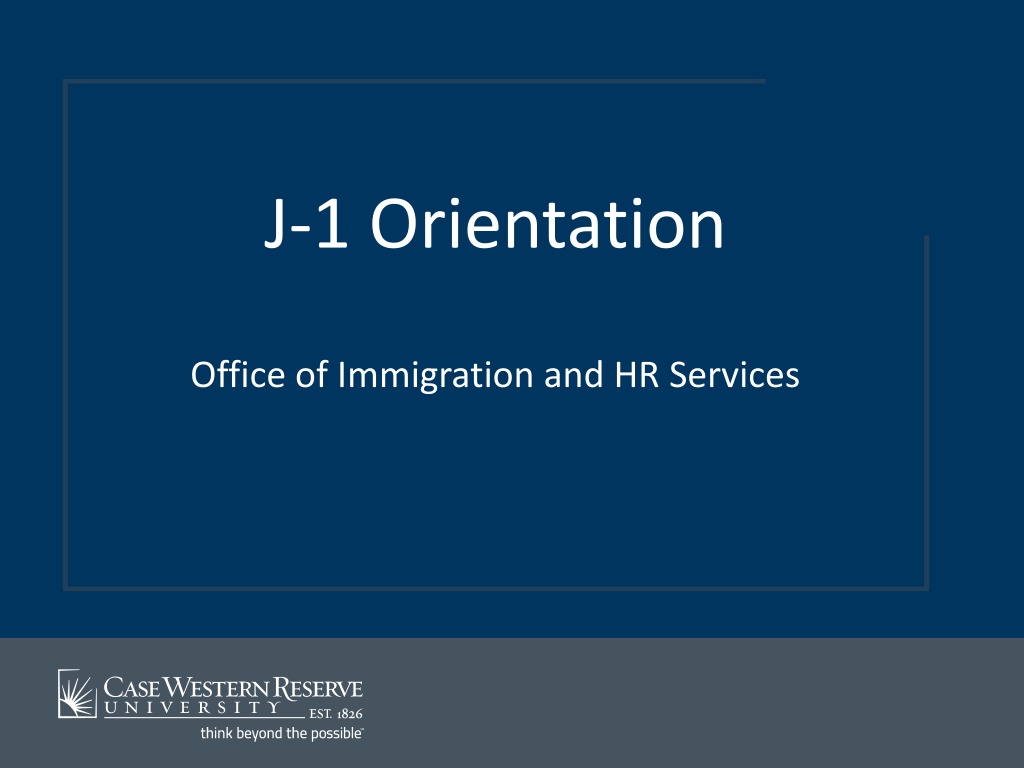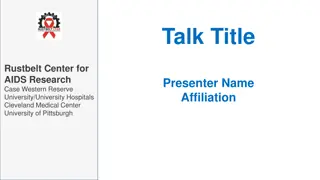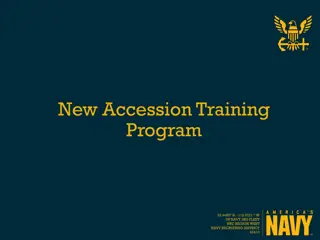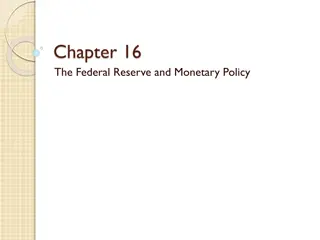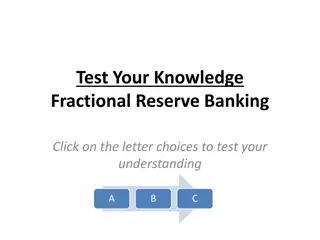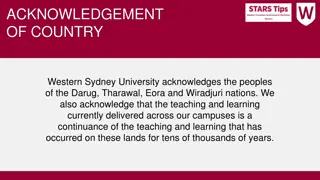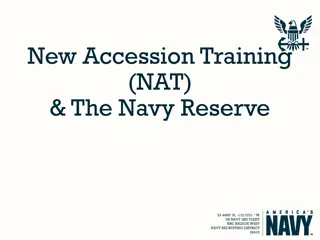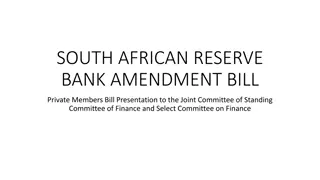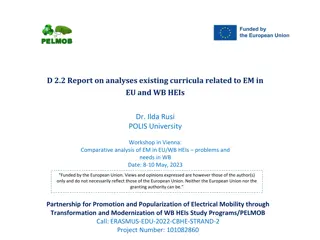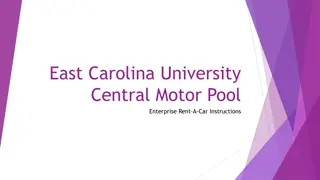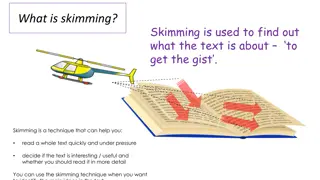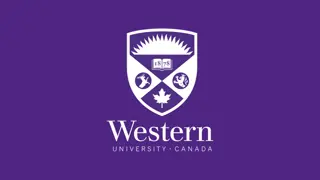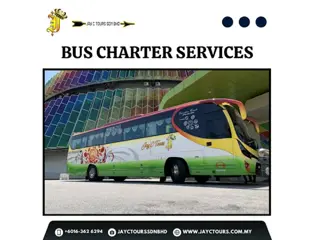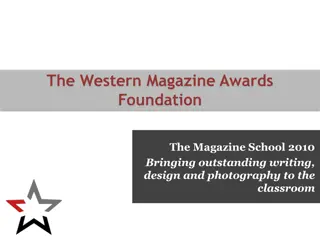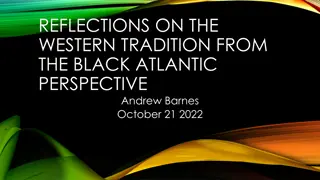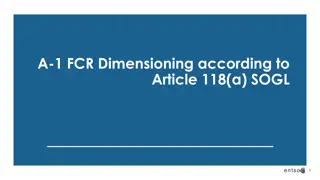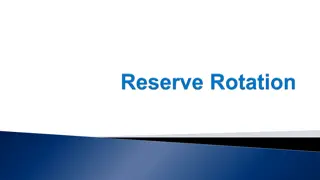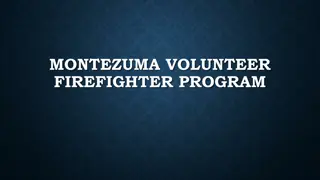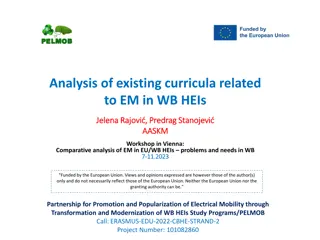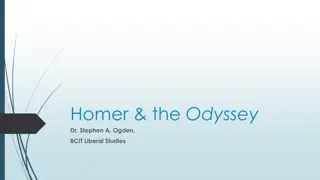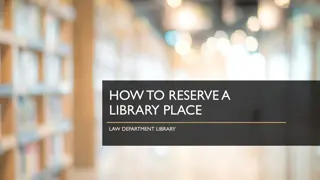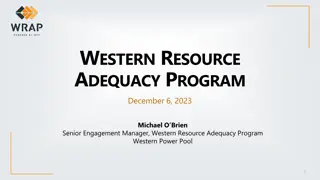The J-1 Program at Case Western Reserve University: Information and Services
Welcome to the Office of Immigration and HR Services at Case Western Reserve University. The J-1 visa program offers cross-cultural opportunities for exchange visitors to enhance mutual understanding. Learn about common terms like Form I-94 and DS-2019, as well as health insurance requirements. Adequate coverage includes health, accident care, medical evacuation, and repatriation. Explore insurance options such as ISOA, IMG, and Compass Benefit Program. For more details, contact the designated officers.
Download Presentation

Please find below an Image/Link to download the presentation.
The content on the website is provided AS IS for your information and personal use only. It may not be sold, licensed, or shared on other websites without obtaining consent from the author. Download presentation by click this link. If you encounter any issues during the download, it is possible that the publisher has removed the file from their server.
E N D
Presentation Transcript
J-1 Orientation Office of Immigration and HR Services
Welcome to CWRU Case Western Reserve University and the Office of Immigration and HR Services is located at: 10900 Euclid Avenue, Cleveland, Ohio 44106. Main Phone: 1-216-368-6964
The Office of Immigration and HR Services Mark Murray, Director and Responsible Officer Crawford Hall, 2nd Floor 216-368-6964 Education Benefits mxm127@case.edu Josh Forquer, J-1 Specialist and Alternate Responsible Officer Crawford Hall, 2nd Floor 216-368-6964 jhf55@case.edu
Purpose of the J-1 Program The J-1 visa program is to allow the exchange visitor an enriching cross-cultural opportunity to gain mutual understanding of diverse backgrounds and customs. They will learn new skills and techniques that can be taken back to their home country to enhance it's growth and development.
Common Terms Form I-94: Document provided by CBP when you enter the country. It documents your permitted length of stay in the U.S. and is Education Benefits available at: www.cbp.gov/i94 DS-2019: Document provided to J-1 status holders and J-2 spouses. It documents the J-1 program details.
Health Insurance All J-1 scholars are required to carry health insurance for themselves and all dependents. Paid employees may be covered by the university. This would have been offered in your invitation letter. University coverage starts the first day of each month. All J-1 scholars who are supported by their home government, home institution, or are self supported, must purchase and show proof of coverage.
Under 22 CFR 62.14,adequate coverage is defined as: $100,000 for health and accident care $50,000 for medical evacuation to your home country $25,000 for repatriation of remains in the event of death deductible not to exceed $500 per each occurrence.
Some insurance options J-1 Scholars can select any provider they wish. Below are some options our scholars have chosen in the past. ISOA at www.isoa.org IMG at http://www.imglobal.com Compass Benefit at www.compassbenefit.com, The Postdoctoral Benefits Program provided by Case Western Reserve University offers insurance through Garnett-Powers at www.garnett-powers.com/case/
Travel J-1 holders can freely travel within the USA If international travel is required, the exchange visitor (EV) will need to have their DS-2019 signed by our office. If this travel is work related, we will also need, the address you will be staying at for the duration of time outside the US, the dates of travel, and the name of the conference you are attending. The EV should make sure their visa allows them to re- enter the US. The EV should also make sure that they have the proper visa to enter the country they plan to visit.
Change of Address Exchange visitors must report a change of address to our office within 10 days. The Department of State also requests emails addresses for all exchange visitors.
The exchange visitors should make an effort to speak with US citizens on a daily basis to enhance this process and improve their English skills. The Department of State urges all exchange visitors to keep a diary to track the cultural experiences that occur. These would include but not be limited to: Museum visits Sporting events Concerts Movies
Changes in Your J-1 Status Please alert our office IMMEDIATELY if any of these circumstances occur. Changes in worksite location Early termination or withdrawal of participants from the program 30 or more days prior to the end date on their Form DS- 2019
Life and Customs in the US There are many topics within American Life and Customs in the United States. Below are a few links and resources to get started. American History, Arts, and Culture USA.gov website Welcome to the United States: A guide for new immigrants to the United States in multiple languages. Some services and information are not available for non- immigrant visa types. Workplace Etiquette Skills in Workplace Etiquette (Columbia University Center for Career Education) Culture of the United States American Culture and Social Life (Saint Louis University) Culture of the United States (Wikipedia) USA101: A guide to America's iconic places, events, and festivals (National Geographic) American Culture (Live Science) Social Etiquette and Norms in the United States Social norms are shared expectations about what kinds of behaviors are acceptable or not. Social norms are not actual rules because you cannot get in legal trouble for breaking them, however, breaking social norms can make people uncomfortable or it can hurt the social lives of those who do it. American Communication and Business Background to Business in the USA (WorldBusinessCulture) Cross-Cultural Etiquette and Understanding (Culture Crossing) Common Idioms Used in Daily Communication (Max Schmitt) Etiquette in North America (Wikipedia) Examples of Social Norm Violations (Social Experience Blog) Body contact and personal space (Wikipedia) Classroom Etiquette (National American University) Parent-Teacher Relationship for children in school (Oprah)
Life in Cleveland Located just 5 miles from downtown Cleveland, CWRU s home is rich in history and the arts. Located in University Circle, CWRU s neighborhood is one of the most dynamic, diverse, and culturally rich communities in the world. We are just minutes away from renowned medical centers, major sports venues, fine dining, and the largest performing arts center outside of New York City all of which is easily accessible via public transportation. CWRU students, faculty and staff take advantage of all that our vibrant urban campus has to offer in a mid-sized, affordable city! What else do you need to know about living in Cleveland? Well, for starters, there s the weather. In Cleveland, temperatures vary considerably from season to season and from year to year. During spring and fall, moderate periods of rainfall occur, while the summers can be very hot and humid. A great deal of snow falls periodically during the winter months. A Cleveland winter can come as early as October and stay as late as April. To make sure you re ready for any Cleveland weather, be sure to bring (or get ready to purchase) winter clothes (heavy jackets, hats, scarves, gloves and waterproof/insulated boots); autumn/spring attire (raincoats or medium-weight jackets, sweaters, etc.); and spring/summer clothing (lightweight jacket, short-sleeved shirts, etc.). You ll probably also want to bring one or two business attire outfits or ones that showcase your home country s unique cultural dress, as well as a more formal option for your first weeks on campus. Otherwise, our dress code is rather casual.
Local Community Resources DINING TRANSPORTATION Case Western Reserve is a very walkable campus, with many exciting destinations within University Circle. But there also are many transportation options available to you through CWRU or around the city so you can get wherever you d like to go. You have to eat, and there are lots of options both on and off campus. CWRU s Dining Services offers your on-campus meals, priding itself on eco-friendly, diverse cuisine, and makes it easy to pay using meal plans, a CaseOneCard loaded with CaseCash, MasterCard or Visa. The preferred payment method on campus is the CaseOneCard, which even can be used at some off-campus vendors. Public Transportation By bus or by train, there are a number of ways you can get around campus and across Cleveland. On-Campus Options: Shuttle Services Safe Ride Enterprise CarShare In addition, the Greater Cleveland Regional Transit Authority offers rail and bus service to almost any destination you need to get to in the Cleveland area. Dining off campus, you ll find that Cleveland is home to a wide-ranging, impressive culinary scene! Local neighborhoods within walking distance from CWRU, Little Italy and Uptown, are great places to start exploring the city s culinary traditions, but it won t be long before you re venturing off into other parts of the city in search of more great meals!
Local Community Resources MEDICAL BANKING There are numerous banks around town where one can open a checking account or take advantage of savings accounts, credit cards, and ATMs, including: Chase Bank Citizens Bank Fifth Third Bank First Merit Bank Talmer Bank Huntington National Bank Key Bank US Bank The university is located in between two top-notch hospitals: University Hospitals and the Cleveland Clinic.
INA 212 (E):The Two-Year Home Residency Requirement Exchange Visitors subject to the two-year residence requirement must return to their home countries or country of last residence and be physically present there for an aggregate of two years before being eligible to return to the Education Benefits US in immigrant (permanent resident/green card) status, H status (temporary workers and dependents), or L status (intracompany transferees and dependents). Exchange Visitors subject to the two-year home country residence requirement are not eligible to change their nonimmigrant status from J to permanent residence or to any other nonimmigrant category except A (diplomatic) and G (international organization).
Safety Exchange visitors should follow all safety regulations that might be posted in their place of work. They can report any concerns to our office in strict confidence with no fear of retaliation. The Department of State has offered this contact information for further reporting.
Office of Private Sector Exchange of the Department of State Office of Private Sector Exchange (ECA/EC) SA-4E, 2430 E Street, NW Washington DC 20037 Phone Number: 1-844-300-1824 or 1-202-203-7131
The Department of State publicizes jvisas@state.gov as the primary point of contact for J-1 visa exchange visitors. Regulations require that designated sponsors provide this e-mail address to all incoming participants to allow them direct communication with the Department. For emergency situations, exchange visitors can use the J-1 Visa Emergency Hotline (1-866-283-9090) to contact the Department. *Duty officers are available 24 hours a day.
Exchange Visitor Program Welcome Brochure The Department of State has created a helpful EV Program Welcome Brochure. Be sure to check it out! The Brochure is available at: https://j1visa.state.gov/wp-content/uploads/2015/03/Brochure-The- Exchange-Visitor-Program.pdf
